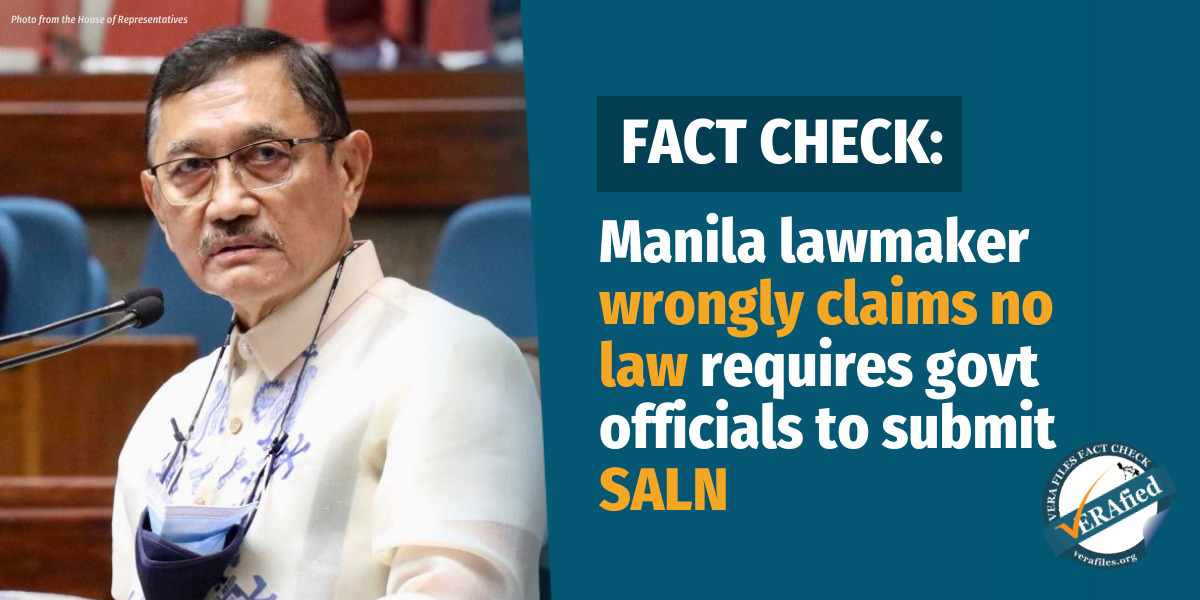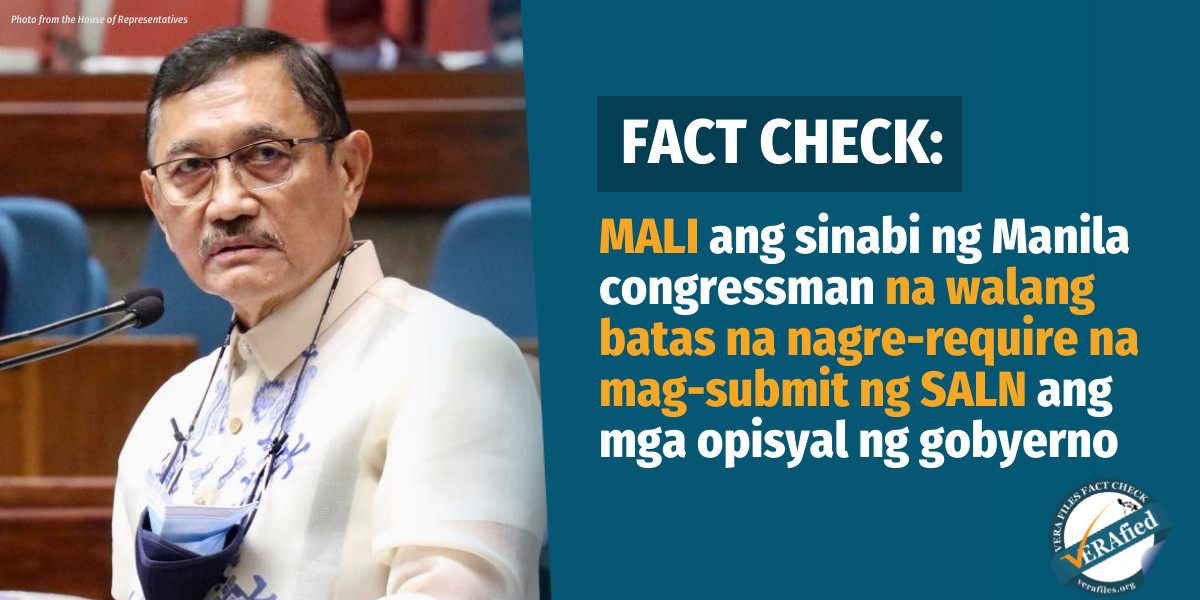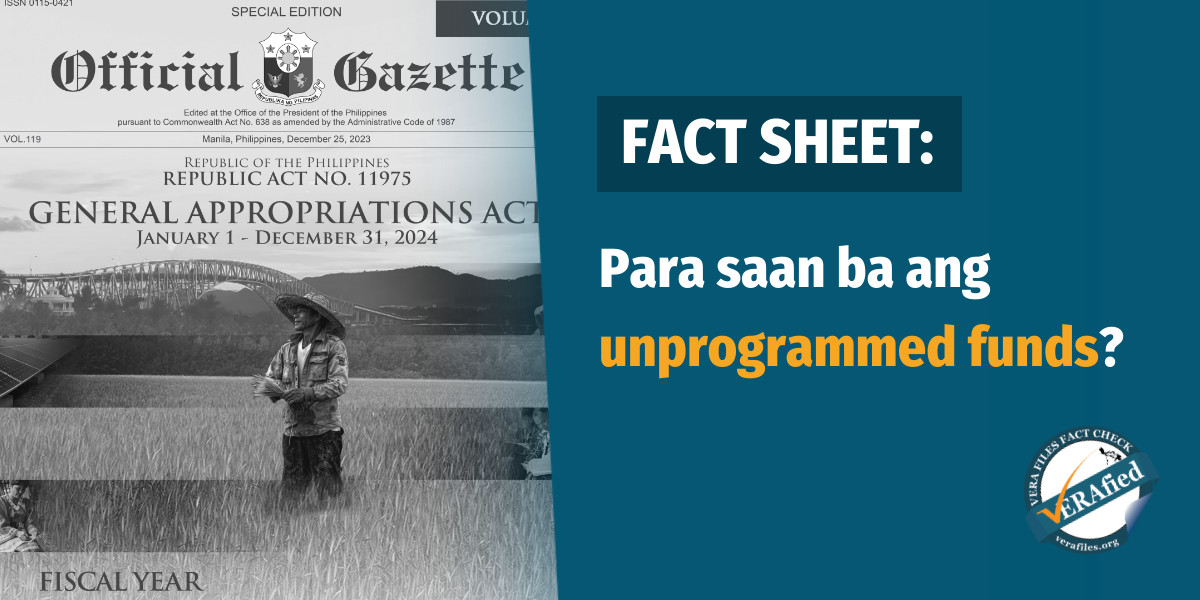There’s more than one way to skin a cat, as the saying goes, and more than one way to insert a “pork barrel” in the government’s spending program.
We weren’t born yesterday to believe that the P5.768-trillion national budget for this year is “free from the shadows of pork barrel,” as House Speaker Ferdinand Martin Romualdez claimed in November when the chamber turned over to the Senate the General Appropriations bill it had approved.
Trust lawmakers to find creative ways to tuck in funds for their pet projects in their districts or for assistance programs that they can brag about when they go around for meetings and consultations, particularly during the campaign season.
An example is the allocation of almost P500 billion to a social amelioration program (ayuda) for at least 12 million poor and low-income families or an estimated 48 million people.
“For the first time, under the administration of President Ferdinand Marcos Jr., we are allocating half-a-trillion pesos, or about 9% of the national budget, as assistance to the poor and households with insufficient income,” Romualdez said.
Congress introduced a new program in the budget labeled AKAP, or the Ayuda sa Kapos ang Kita. “It’s a P60-billion fund, whose aim is to provide direct cash assistance to the ‘near poor’ or families earning up to P23,000 a month,” he added.
The target beneficiaries, including low-income workers like those in construction and factories, drivers, and food service crew, would receive a one-time cash assistance of P5,000.
Apart from this, existing programs targeting the poorest of the poor, such as Assistance to Individuals in Crisis Situation (AICS) under the Department of Social Welfare and Development and Tulong Panghanapbuhay sa Ating Disadvantage/Displaced Workers (TUPAD) under the Department of Labor and Employment will continue to get P23 billion and P30 billion, respectively.
The 2024 budget also provides P5 billion to support farmers with free irrigation, seeds, fertilizer and other farm inputs, and another P5 billion for buying their produce at market prices.
How generous for the poor Filipinos! But how much of these amounts will actually reach their intended beneficiaries? How much will go for personnel services and operating expenses? Aren’t these “pa-pogi” points of the incumbents in aid of the 2025 midterm election?
At issue in the past few weeks is the bloating of the unprogrammed appropriations in the current year’s budget, from the P281.91 billion requested by Malacañang to P731.45 billion in the General Appropriations Act (GAA) signed by Marcos on Dec. 20. Out of this amount, only P411.03 billion will be for capital outlay, while P220.59 billion is for maintenance and other operating expenses, and P99.83 billion is for personnel services.
The bicameral conference committee (bicam) — sometimes referred to as the third Congress — increased the total amount by P449.54 billion, virtually bloating the 2024 budget to P62.17 trillion.
The bicam is supposedly tasked to reconcile or harmonize conflicting provisions of a bill approved separately by the Senate and the House. It is composed of senators and congressmen handpicked by the chambers’ leadership. The bicam then submits a report on the reconciled version of the bill, which is ratified by both chambers.
The Senate prints the reconciled version in its enrolled form, which is submitted to Malacañang for the president to either sign into law or send back to Congress with a veto message.
However, it has become a practice in the bicam, specifically on the GAB, to introduce amendments that are neither in the Senate nor House versions of the bill.
Opposition Rep. Edcel Lagman has petitioned the Supreme Court to declare the increase in the unprogrammed funds unconstitutional, as it exceeds the budget ceiling set by Malacañang when it requested approval of the GAB.
Administration allies, as well as former Senate president Franklin Drilon, saw nothing unconstitutional in it, citing the practice in the past years. In fact, last year’s unprogrammed appropriation was even bigger at P807.16 billion.
Sen. Juan Edgardo Angara, chairman of the Senate finance committee, said the P449.54 billion increase was done “to carve out fiscal space in the programmed appropriations for other items that are proposed by our colleagues, both [in the Senate] and in the House.”
In layman’s terms, Lagman said it clearly. “The inordinately huge increase” in the unprogrammed funds “can be the sanctuary of even partisan and pet projects of some legislators.”
Lucky are those who approved the increase in the bicam and other allies close to the powers-that-be, for they found ways to have their standby “pork barrel.”
The GAA introduced in the funding sources for the unprogrammed funds the reserve fund of government-owned and -controlled corporations, particularly those unable to use the subsidy from the national government.
In the past, projects under unprogrammed appropriations are implemented only when the government exceeds collections from revenue or non-tax revenue sources and collects new taxes, or from foreign loans.
The House was praised when it stood firm in removing the confidential funds of civilian agencies, including the Office of the Vice President and the Department of Education — both headed by Vice President Sara Duterte — and realigned P1.23 billion to agencies tasked with protecting the country’s interests in the West Philippine Sea.
It seems to have squandered the good points earned from realigning the confidential funds by manipulating other items in the budget to suit their interests, in the guise of helping the poorest of the poor.
Last week, Rep. Elizaldy Co, chairman of the House appropriations committee, said he is verifying, but nevertheless 99% sure, that Davao City Rep. Paulo Duterte received P51 billion in unprogrammed funds during the last three years of the previous administration. Duterte took to social media last week and told his constituents: “The House leadership has taken out P2 billion from your [National Expenditure Program] budget for the district and left only a measly P500 million for Dabawenyos this year.”
This incident shows how unprogrammed funds can be misappropriated for partisan reasons. You lose the perks and part of the pork if you’re on the wrong side of the political fence. And that goes from one administration to another.
The views in this column are those of the author and do not necessarily reflect the views of VERA Files.
This column also appeared in The Manila Times.



